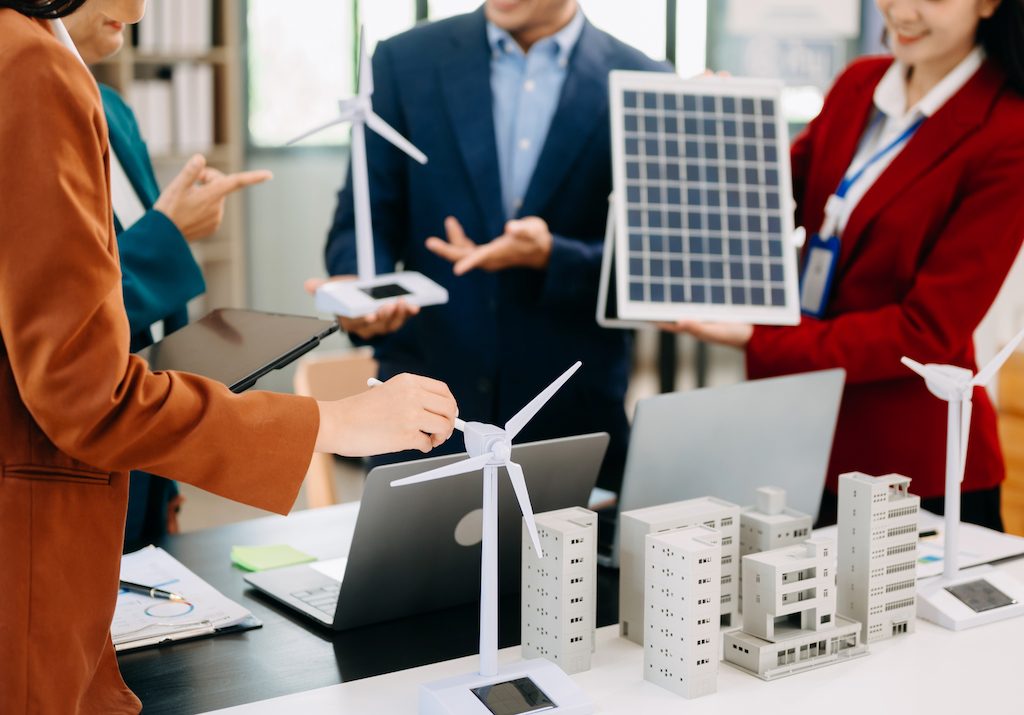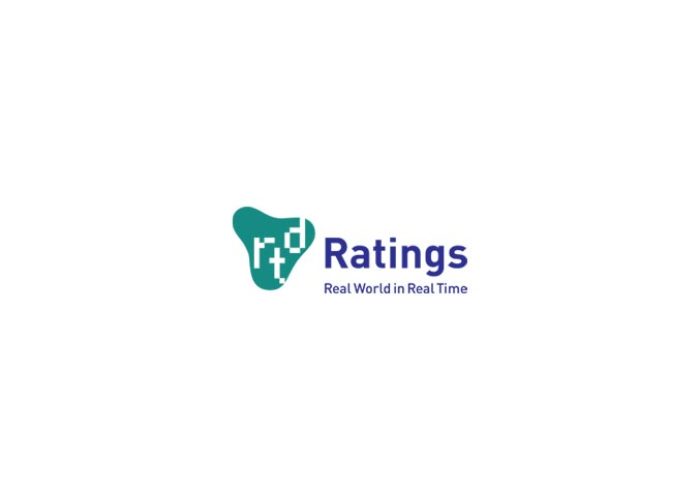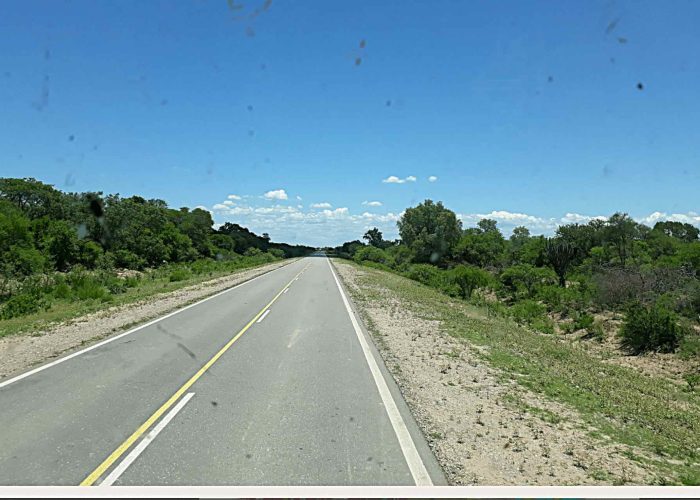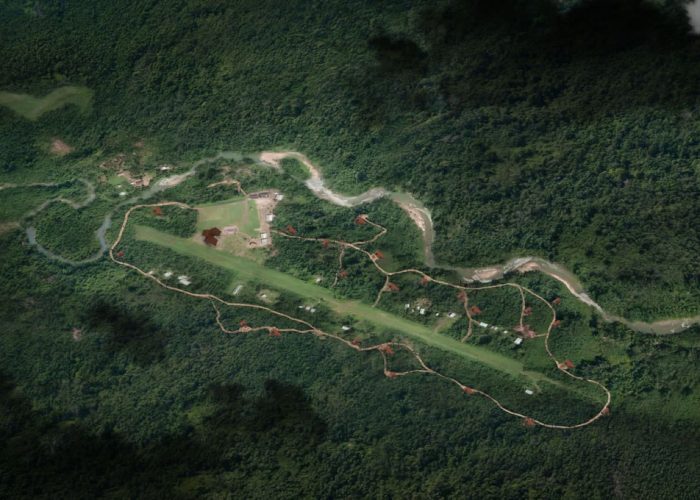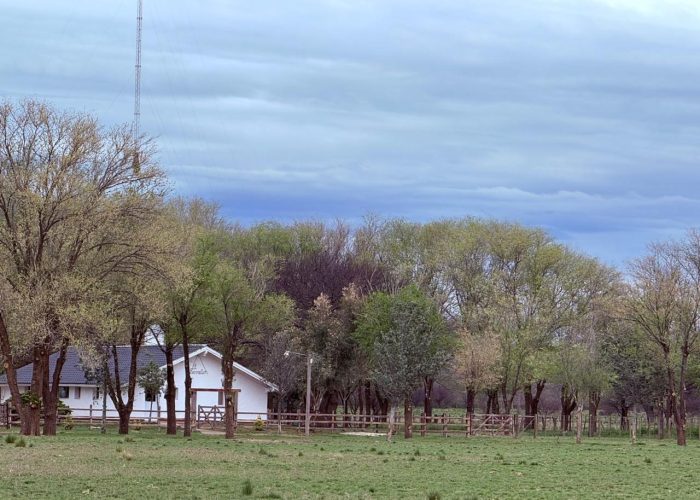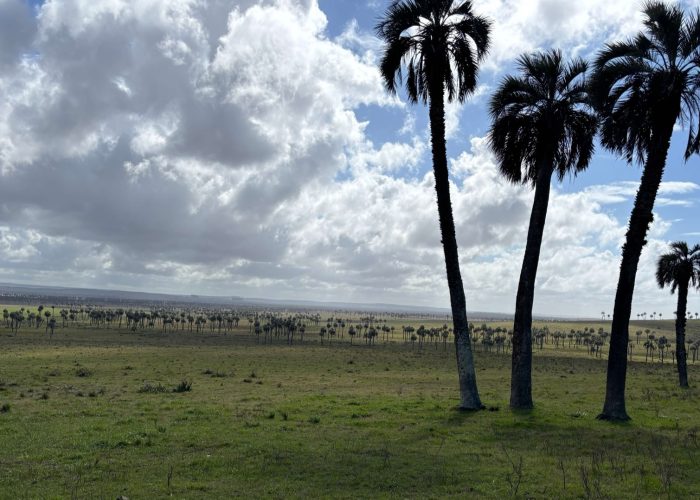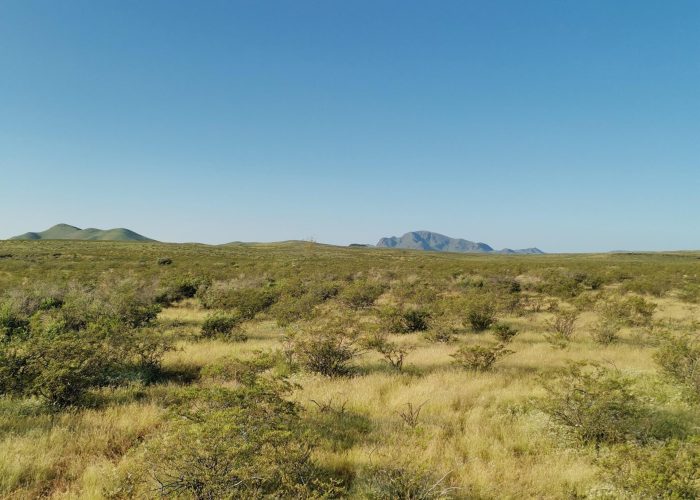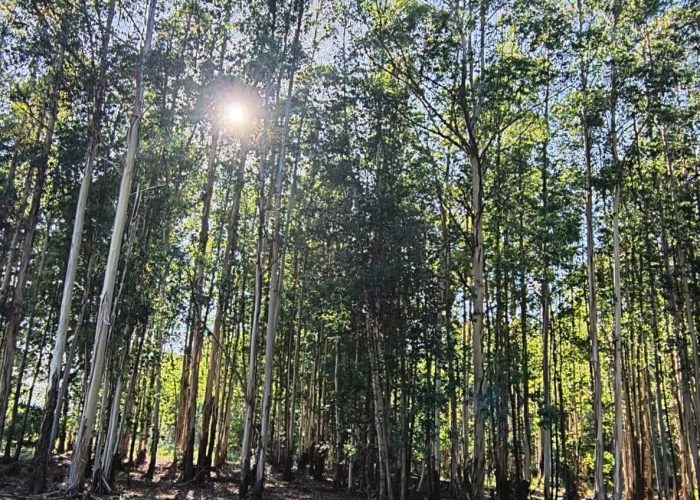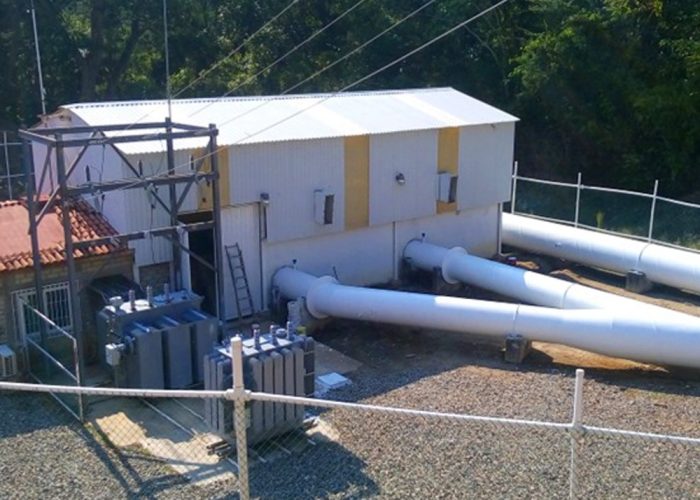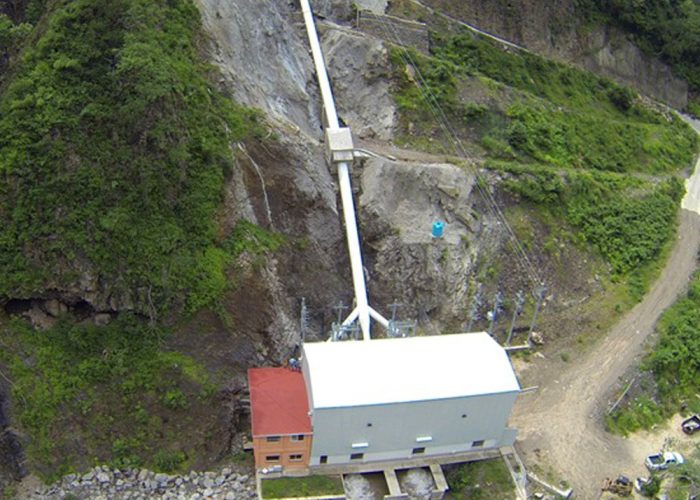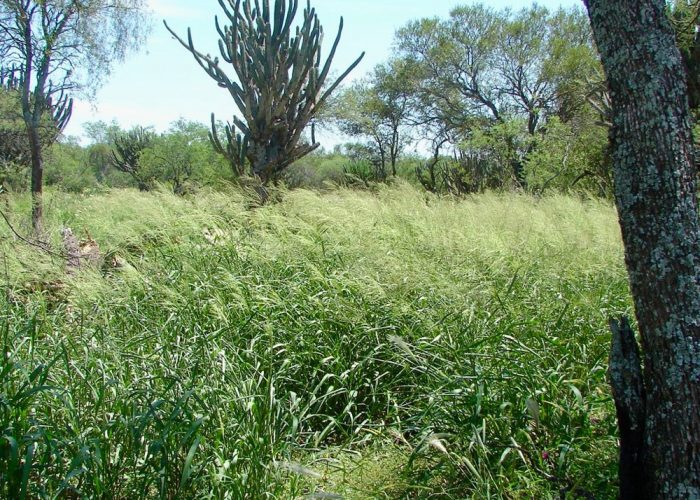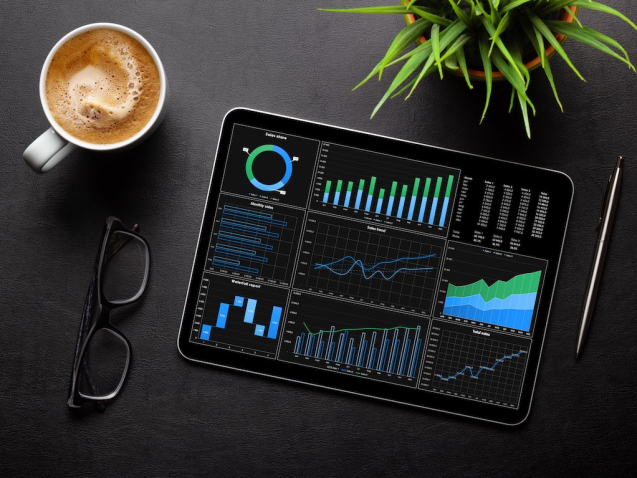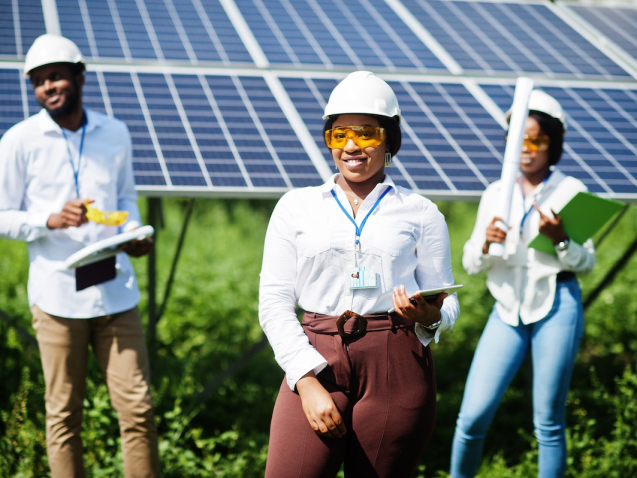Don't trust the certifier: trust the data!

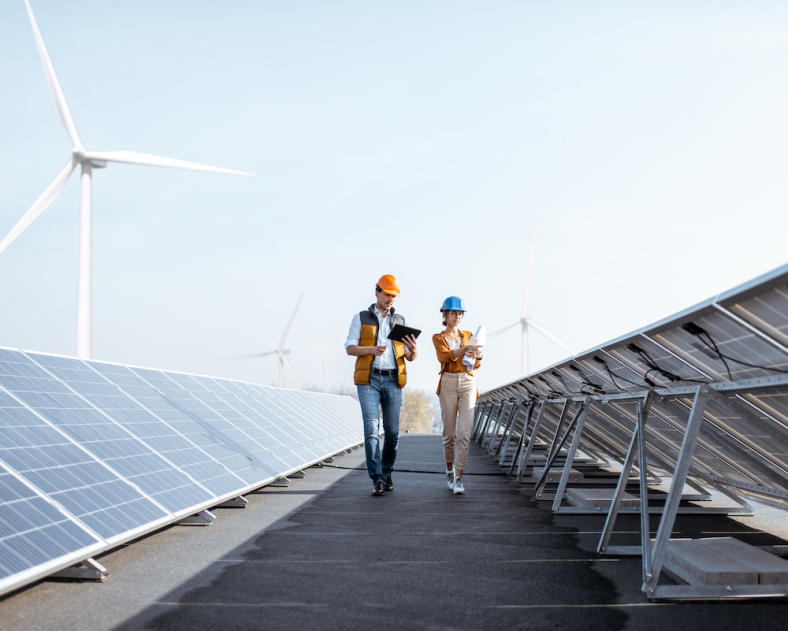
Restoring trust in "sustainability"
RTD Ratings World in real life
RTD Ratings is the world’ s first open data sustainability certifying agency. We chose this name because it reflects our twofold commitment: data quality and data transparency.
RTD: RTD stands for Real Time Data. Our sustainability certifications are based on real world data and high-frequency data feeds that in some cases (where it is useful) are real-time or near real-time data feeds.
Ratings: We make transparent certifications so the markets can make transparent ratings. Open data sustainability certifications enable markets to better evaluate, monitor, rate, and rank sustainability solutions. Our certifications will make way for others to create open data sustainability ratings, rankings, and reports, bringing clarity to the ocean of sustainability concepts, labels, and investment opportunities.
Learn more
It is time to shift from trusting sustainability certifications for their marketing, to trusting them for their data quality and transparency.
Restoring trust in “sustainability” is only possible with more real-time data from real-world solutions. Our societies, companies and markets need more open, validated, verifiable data backing up sustainability claims and reports. Greenwashing is a waste of everyone’s time and resources, and it literally means betting against our future.
Looking for answers about what “sustainable” meant, we found a way to measure it. Looking for sustainability success stories, we found a way to certify them, so the markets can rate them, rank them, and scale them up. This is why we created the world’s first open data sustainability certifications.
Less words, more engineering, less statistical inferences, more open data: this is how we certify real solutions so the markets can catapult them to the global scale.
Our initial area of focus is Climate Change and carbon markets because we found that more transparency in carbon credits and offsets will multiply the positive impact of real sustainability initiatives around the planet. We have created an open data Carbon Registry, one that complies with the first two open data carbon standards in the world: The DEV Carbon Standard and The Mexican Technical and Industrial Standard for DEV Carbon Offsets. Soon we will be announcing our next lines of certifications, beyond carbon markets.
In the Carbon Registry section you can find carbon solutions that are validated, verified, and audited by engineering companies against the Systems Engineering, Systems Assurance, and Data Assurance standards set by NASA, INCOSE, NIST, NREL, and IEEE. But most importantly, you can verify their data as well, since the data used to certify every project is open to the public.
From now on, when buying a carbon offset, don’t trust the certifier: trust the data!
Discover the world’s first carbon registry of open data carbon offsets.
These open data carbon offsets abide by the rules of the DEV Carbon Standard. DEV stands for Decentralized Environmental Verification, which means making all humans potential auditors of the data behind carbon offsets.
Anyone can help verify the reality, relevance, and measurable impact of the carbon offsets by seeing directly the data coming from the project in real time (RTD), near real time (NRTD), or a high-frequency data feed.


Memberships and Endorsements

United Nations Global Compact Principles
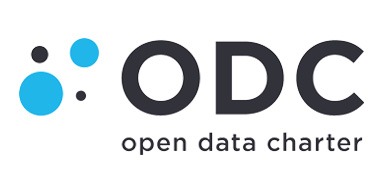
Open Data Charter

Oxford Principles for Net Zero Carbon Offsetting

International Council on Systems Engineering (INCOSE)

Institute of Electrical and Electronics Engineers (IEEE)
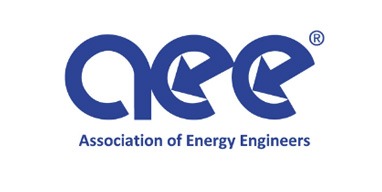
Association of Energy Engineers (AEE)
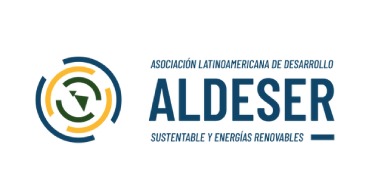
Latin American Sustainable Development & Renewable Energy Association
Joining ALDESER aligns us with a community dedicated to advancing sustainable development and renewable energy in Latin America. Membership provides a platform to advocate for carbon neutrality and renewable energy adoption while staying informed about industry trends and best practices. Participating in ALDESER's initiatives allows us to contribute our expertise to collective efforts addressing environmental challenges and driving positive change in the region.

Mexican Technical Industrial Standard of DEV Carbon Offsets
RTD Ratings is compliant with a Technical Industrial Standard created in Mexico, which is the first national adaptation of the DEV Carbon Standard. This national adaptation was created by prestigious norms & standards agency NORMEX.
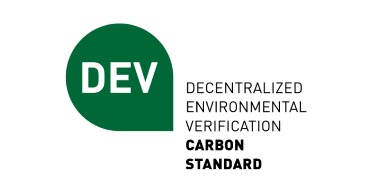
DEV Carbon Standard
RTD Ratings is compliant with the DEV Carbon Standard, the world's first carbon standardbased on open data and Systems Engineering.
Carbon Registry
Discover the world’s first carbon registry of open data carbon offsets.
These open data carbon offsets abide by the rules of the DEV Carbon Standard. DEV stands for Decentralized Environmental Verification, which means making all humans potential auditors of the data behind carbon offsets.
Country
Offset type
CS-0004
17625 Tons in stock
CS-0003
80269 Tons in stock
CS-0001
254374 Tons in stock
CS-0005
67228 Tons in stock
Carbon Registry Summary
| Offset Type | Offset Description | Metric tons per offset type |
|---|---|---|
| OT-01 | Land ecosystems (with supplementary impact on biodiversity & food security). | 282,360 |
| OT-02 | Regenerative agriculture (with supplementary impact on biodiversity & food security). | |
| OT-03.1 | Clean energy. | 71,802 |
| OT-03.2 | Energy efficiency. | |
| OT-04 | Direct carbon capture & storage. | |
| OT-05 | Special high-tech industrial offsets (with supplementary impact on biodiversity, food security, waste reduction, freshwater conservation, and sustainable supply chains). | |
| OT-06 | Blue carbon. | |
| OT-07 | Soil carbon & regenerative livestock management. | 134,724 |
The DEV Carbon Ecosystem
The Stewards & Auditors
Dev Carbon Standard Stewards
Foundations and technical partners that: (1) guard the text of the DEV Carbon Standard so if other entities try to modify it, there is always a way to know which is the current valid version, and (2) approve by consensus new Carbon Offset Certifiers and Engineering Auditors.
Engineering Auditors
Compliance Auditors
Special Financial, Legal & Fiscal Auditors
Special MRV Auditors
The Implementors
Landowners
Project Integrators
Offset Sellers
Data Providers
Certifiers
Solution Implementers
More about the DEV Carbon Ecosystem
Sustainability Ratings
RTD Ratings has developed several sustainability ratings. Some ratings are industry-specific, others are issue-specific, and others are company-specific.
Soon you will be able to verify the facts behind green technologies, industries, companies, and projects, as well as behind global environmental challenges.
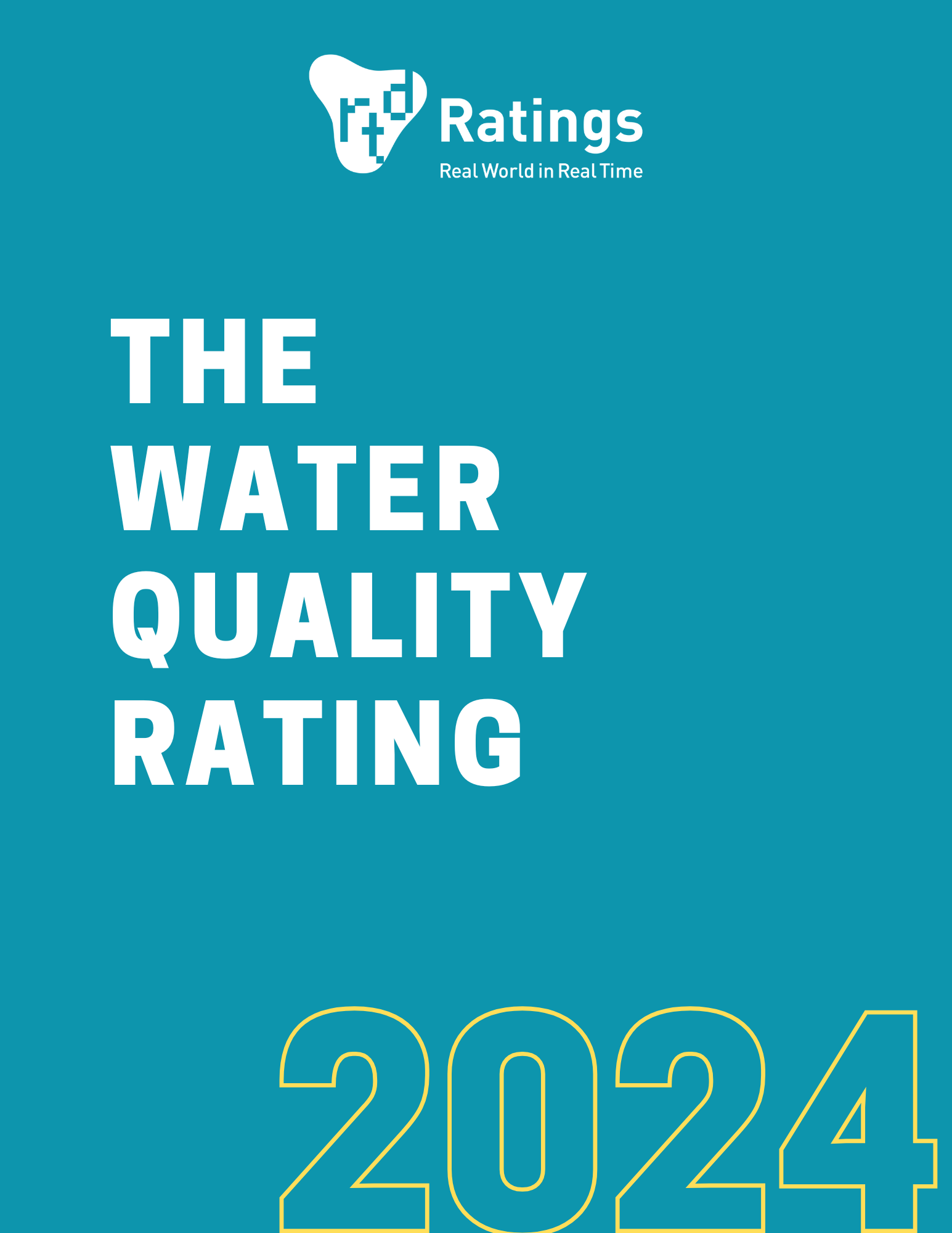
The global water crisis is not only about water availability, but also about water quality. This rating showcases the water quality of water bodies around the world.
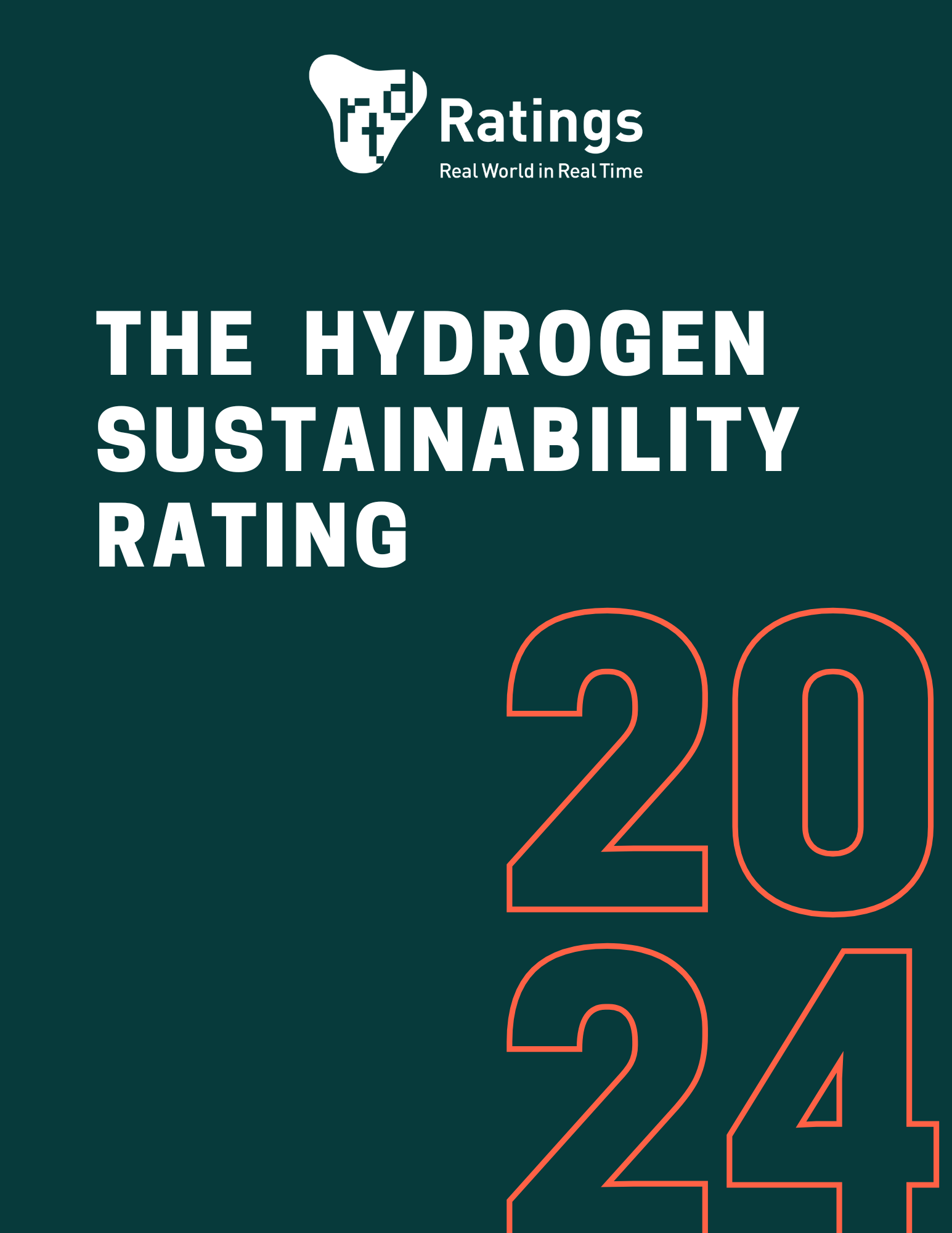
Hydrogen Technologies have an incredible potential to reduce the carbon footprint. This rating focuses on identifying the true degree up to these technologies are sustainable.
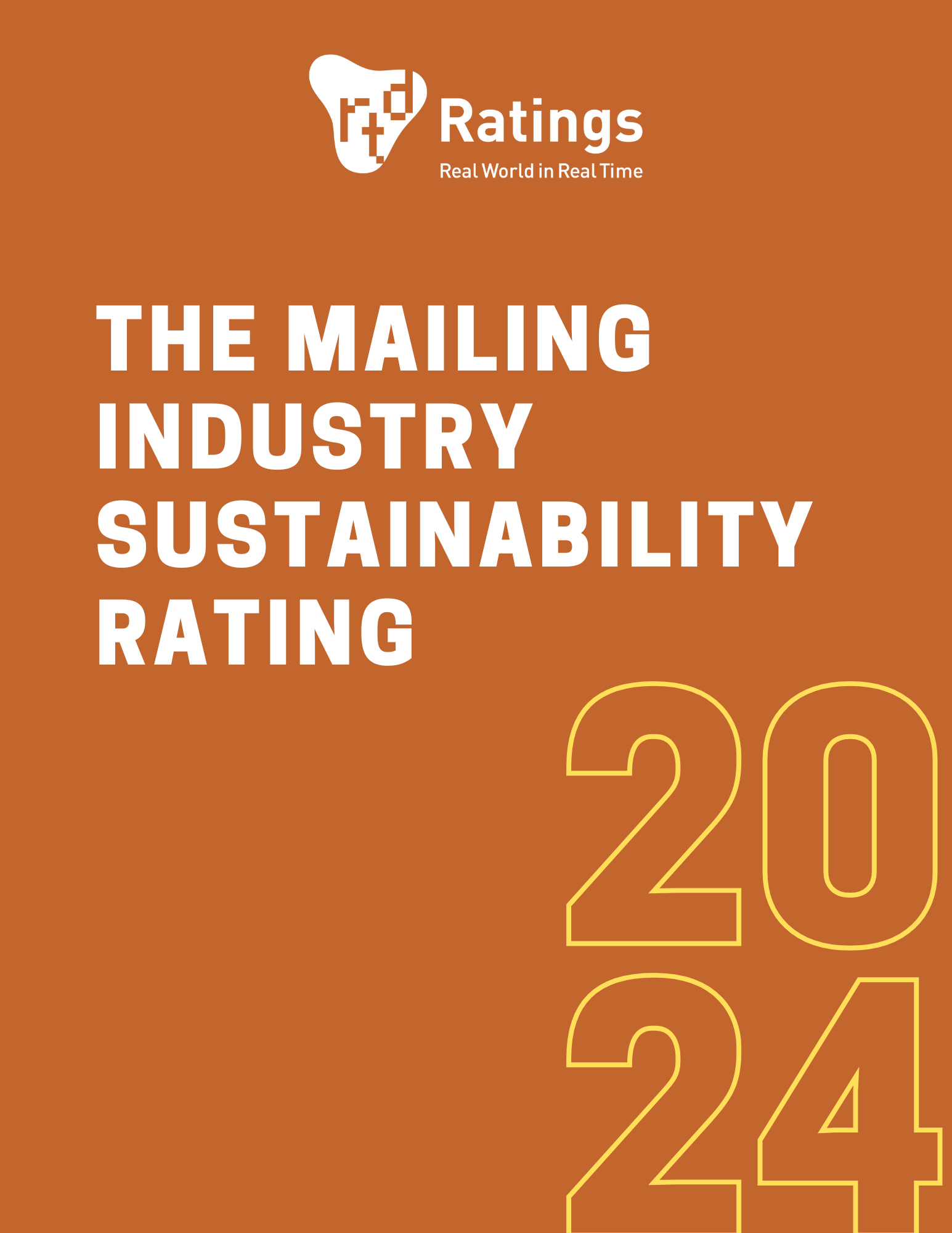
The mailing industry is rapidly evolving towards more efficient and sustainable practices. This industry-specific rating tracks this evolution.
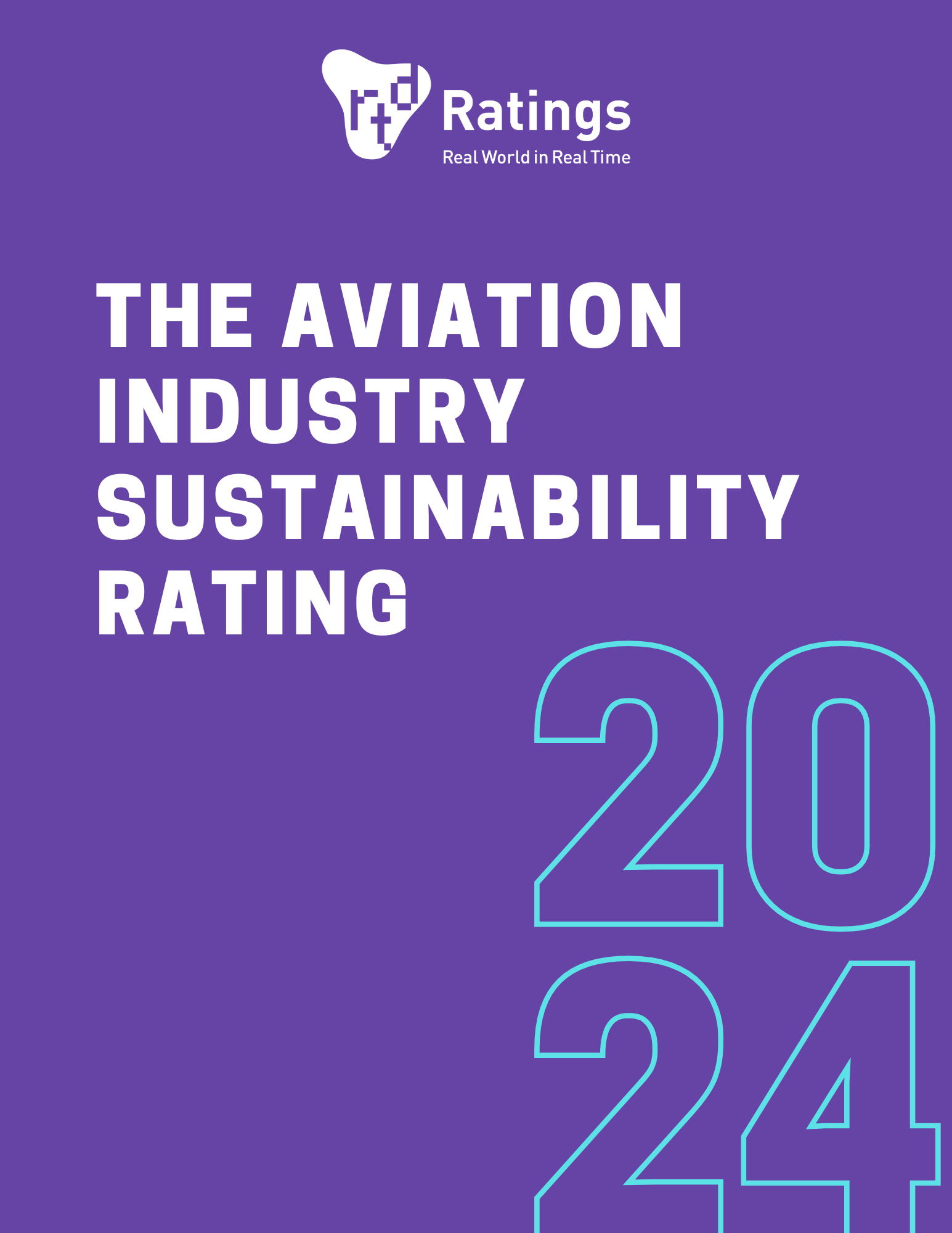
The aviation industry's greenhouse gas emissions make it a key player in the fight against climate change. This rating tracks the sustainability policies and actions of aviation companies.

